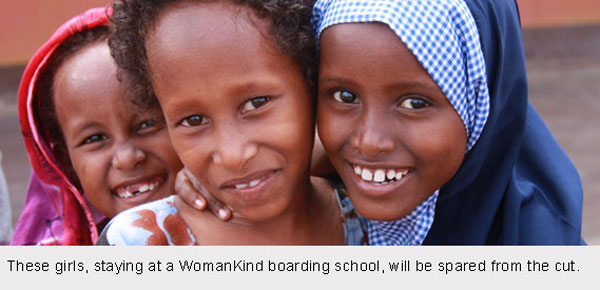×
The Standard e-Paper
Home To Bold Columnists
 |
Connsider this: Nashiru, a practitioner of female genital mutilation (FGM) in a Maasai community in Kenya, says, "Cutting girls is something our people have done for hundreds of years. No one can convince us that it is wrong."
FGM refers to all procedures that involve the partial or total removal of the external female genitalia or other injury to the female genital organs for non-medical reasons. It is incredibly painful, traumatizes girls and results in numerous negative health consequences that last decades.